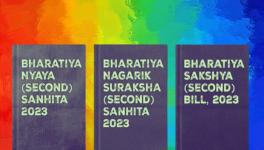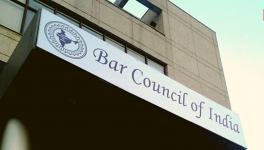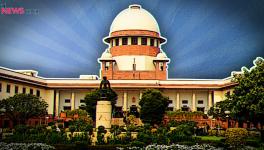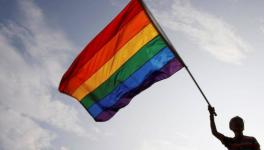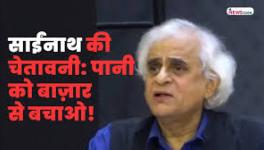Queer Students, Allies Across Indian Law Schools Flay BCI’s Resolution on Same-Sex Marriage
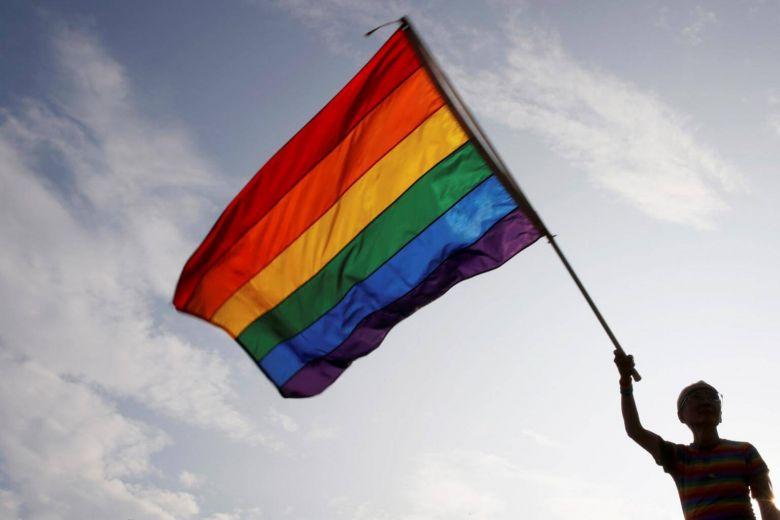
Representational image.
The Bar Council of India (BCI) passed a resolution on April 23, 2023, urging the Supreme Court to defer to Parliament in formulating a legislation on the question of whether same-sex marriage should be legalised or recognised in India. In its resolution, it made the claim that 99.9% of Indians reject legalising gay marriages, without providing any evidence to back up its claims. It also claimed that permitting same-sex marriage would damage the social fabric of the country.
In response, a collective of students from various Queer Collectives and other student organisations representing LGBTQIA+ interests from various law schools across India have released a detailed statement on why the BCI’s resolution is not only against the “letter and spirit” of the Advocates Act, 1961, through which it was established, but detrimental to the interests of the queer members in the legal community which it claims to represent.
The statement gives detailed counter-arguments to several claims made by BCI, including the “purpose of marriage being procreation and recreation,” and questions its flawed idea of separation of powers and constitutional morality, and expresses that “the ongoing case (referring to the marriage equality case) concerns the recognition of fundamental rights (to equality, freedom, and privacy) that queer persons already have under the Constitution.
The BCI denies any role of fundamental rights in its Resolution, instead characterising marriage equality as a political decision. This shows their heinous indifference towards the reality of queer and trans persons living as second-class citizens in our country. Consequently, the BCI completely misses that fundamental rights cannot be made to suffer from legislative inaction.”
Furthermore, the longer representation reiterates that “In Navtej Singh Johar (the case that led to the decriminalisation of IPC Section 377), the Court reiterated that it is to be guided by the conception of constitutional morality and not by “societal morality.” It states that constitutional morality always trumps any imposition of a particular view of social morality by shifting and different majoritarian regimes.”
One of the signatories of the statement, Ayan Garg, a student from the National Law University, Delhi, says that, “For us, it is really a question of whether the BCI truly represents us in the profession that we are about to enter. Many of us came to study law thinking that it is a force of social change. We heard stories of lawyers in India who were at the forefront of social change using their advocacy. But now, the vision of law that is inculcated in law schools is so distanced from social realities. This is also about creating solidarity among law students across India to fortify constitutional morality.”
The statement also reiterated their solidarity toward the other continuing struggles of the queer and trans community in India, including the fight for horizontal reservation for transgender persons and the implementation of the NALSA judgement.
The writer is currently studying law at Campus Law Centre, Faculty of Law, Delhi University.
Get the latest reports & analysis with people's perspective on Protests, movements & deep analytical videos, discussions of the current affairs in your Telegram app. Subscribe to NewsClick's Telegram channel & get Real-Time updates on stories, as they get published on our website.










